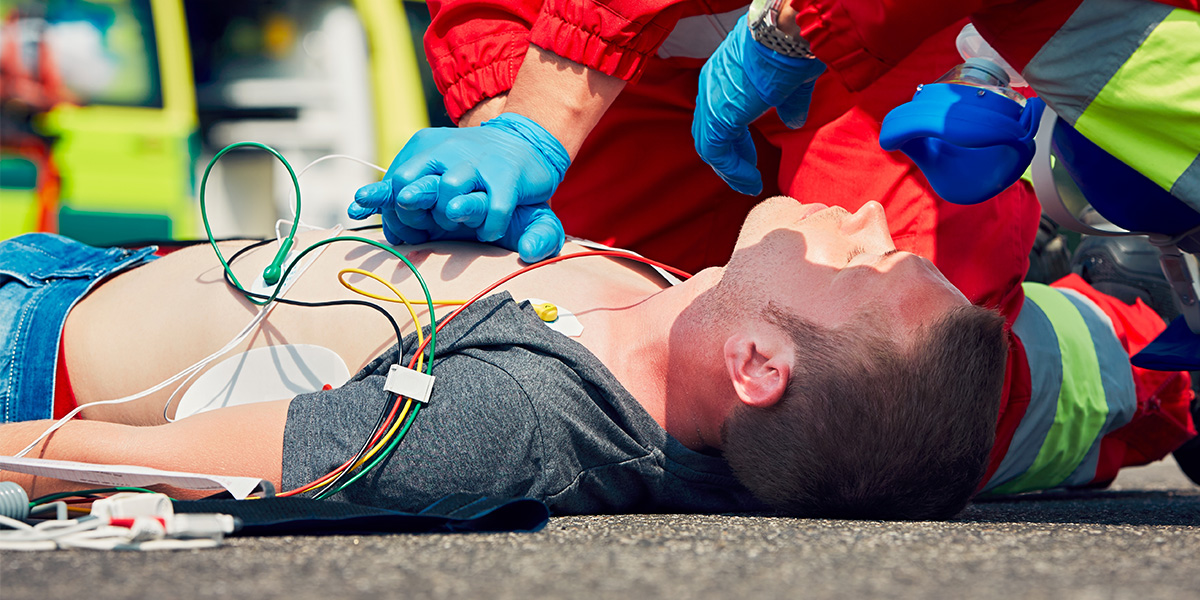Cardiovascular disease is the leading cause of premature mortality in disadvantaged communities due to health inequities, and there is a social gradient in mortality from the condition, with more deprived areas having higher mortality rates.
Recent research by Brown, Perkins, Smith et.al as published in the Resuscitation Journal, found that communities of colour, particularly those of African, Asian, and other minorities, have a much higher risk of ill health and early death.
In addition to demonstrating that postcode districts with higher percentages of non-white ethnic groups have higher chance of OHCA incidence and lower than average bystander CPR rates, the ERC also found that the South Asian population in London has a high OHCA incidence.
People from mixed and non-white ethnic groups made up a much higher percentage of the population in high risk locations. These demographics recently saw a high incidence of OHCA during the first wave of the Covid-19 epidemic in London.
Although the risk of OHCA is higher in these places, research has revealed that AED access is less common there. This shows a clear need for any future CPR training and PAD programmes to be focussed on these areas.
Stronger NHS Action on Health Inequalities
The NHS Long Term Plan acknowledges that addressing health inequalities is a top priority and lays out a strategy for “stronger NHS action on health inequalities,” which includes a commitment to lessen arbitrary differences in performance and access to medical care.
This includes a specific goal to reduce the variation in OHCA results. AED placement in regions where they are most needed is vital, but it is not the only factor to consider if we want to enhance outcomes.
The entire chain of survival must be considered, including early detection, bystander CPR, defibrillation, and post-resuscitation treatment. Additionally, it is crucial to think about the allocation and accessibility of EMS resources, their prompt dispatch, as well as the accessibility of specialised cardiac arrest centres.
Tags:
AED,
Defib,
PAD,
nhs,
PracticeCare
